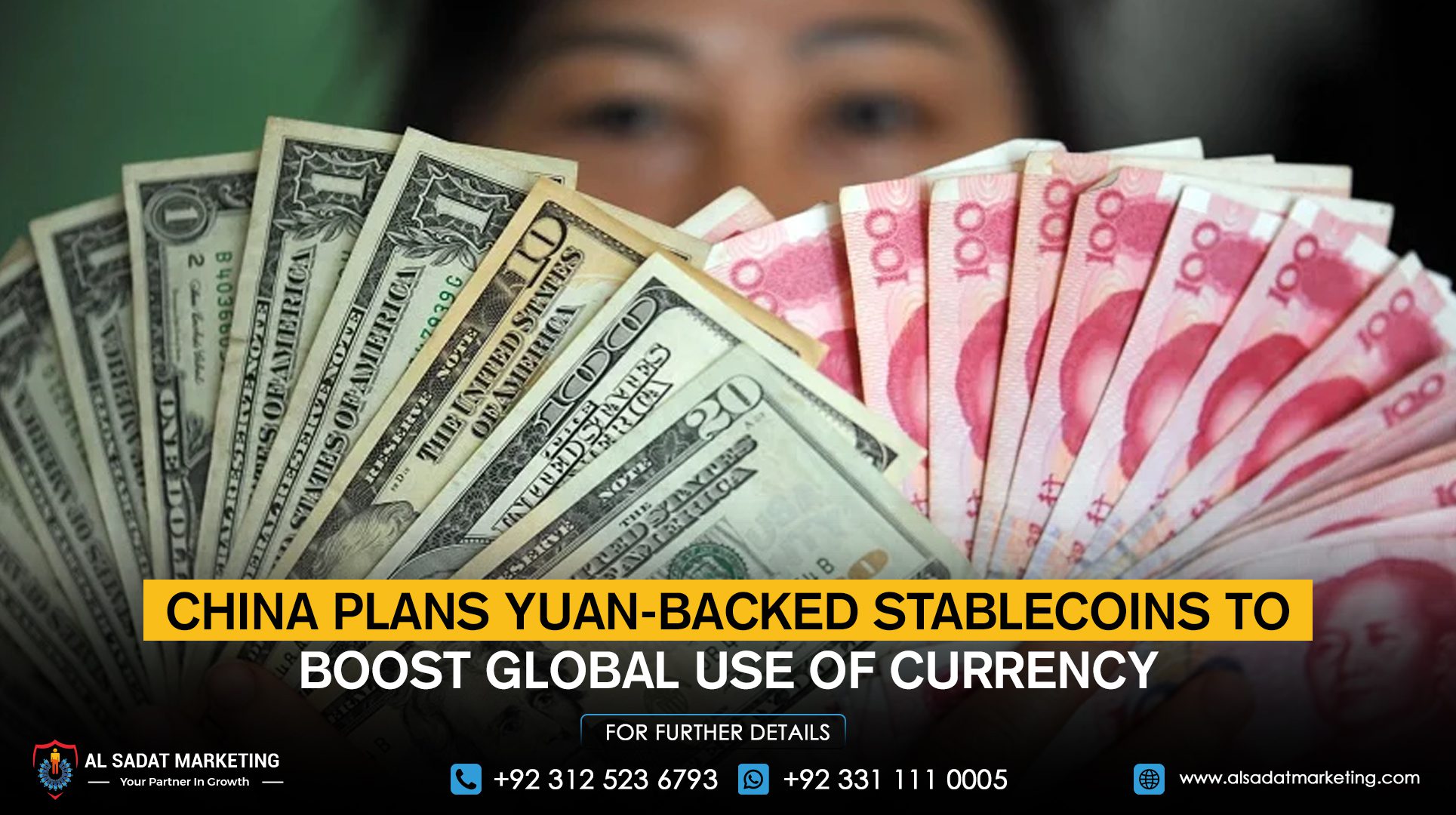China is weighing a landmark policy shift that could see the launch of yuan-backed stablecoins, marking its first major step into the digital asset space after years of strict restrictions. According to people familiar with the matter, the State Council will review a roadmap later this month that sets goals for expanding yuan use globally while assigning oversight roles to regulators.
The plan would also include strict risk-control measures, highlighting Beijing’s cautious approach to financial stability. If approved, it would represent a dramatic turnaround from China’s 2021 ban on cryptocurrency trading and mining, which was justified at the time by fears of capital flight and financial risks.
Analysts say the push is part of China’s long-term ambition to elevate the yuan’s role on the global stage. Despite being the world’s second-largest economy, the yuan has struggled to achieve a status comparable to the dollar or euro because of tight capital controls. Stablecoins, which are digital tokens tied to traditional currencies, could provide a new pathway for the yuan’s internationalisation.
At present, dollar-backed stablecoins dominate more than 99% of the $247 billion global market, according to the Bank for International Settlements. Standard Chartered Bank projects this market could grow to $2 trillion by 2028, underscoring the stakes for China.
Hong Kong and Shanghai are expected to take the lead in rolling out the initiative. Hong Kong recently introduced a new law regulating fiat-backed stablecoin issuers, while Shanghai is building a global operations hub for the digital yuan. Discussions are already underway about launching an offshore yuan stablecoin in Hong Kong, according to PBOC adviser Huang Yiping.
The timing also reflects geopolitical dynamics. U.S. President Donald Trump has voiced strong support for dollar-pegged stablecoins, moving to establish clear regulations. Meanwhile, Chinese exporters have increasingly turned to dollar stablecoins in cross-border trade, raising concerns in Beijing.
China is expected to present its yuan stablecoin agenda at the Shanghai Cooperation Organisation (SCO) Summit in Tianjin on August 31–September 1, where discussions may explore how the digital currency could be used in regional trade and payments.
If Beijing proceeds, it would mark a pivotal moment not only for China’s currency ambitions but also for the global stablecoin market, which could see a new challenger emerge to dollar dominance.










